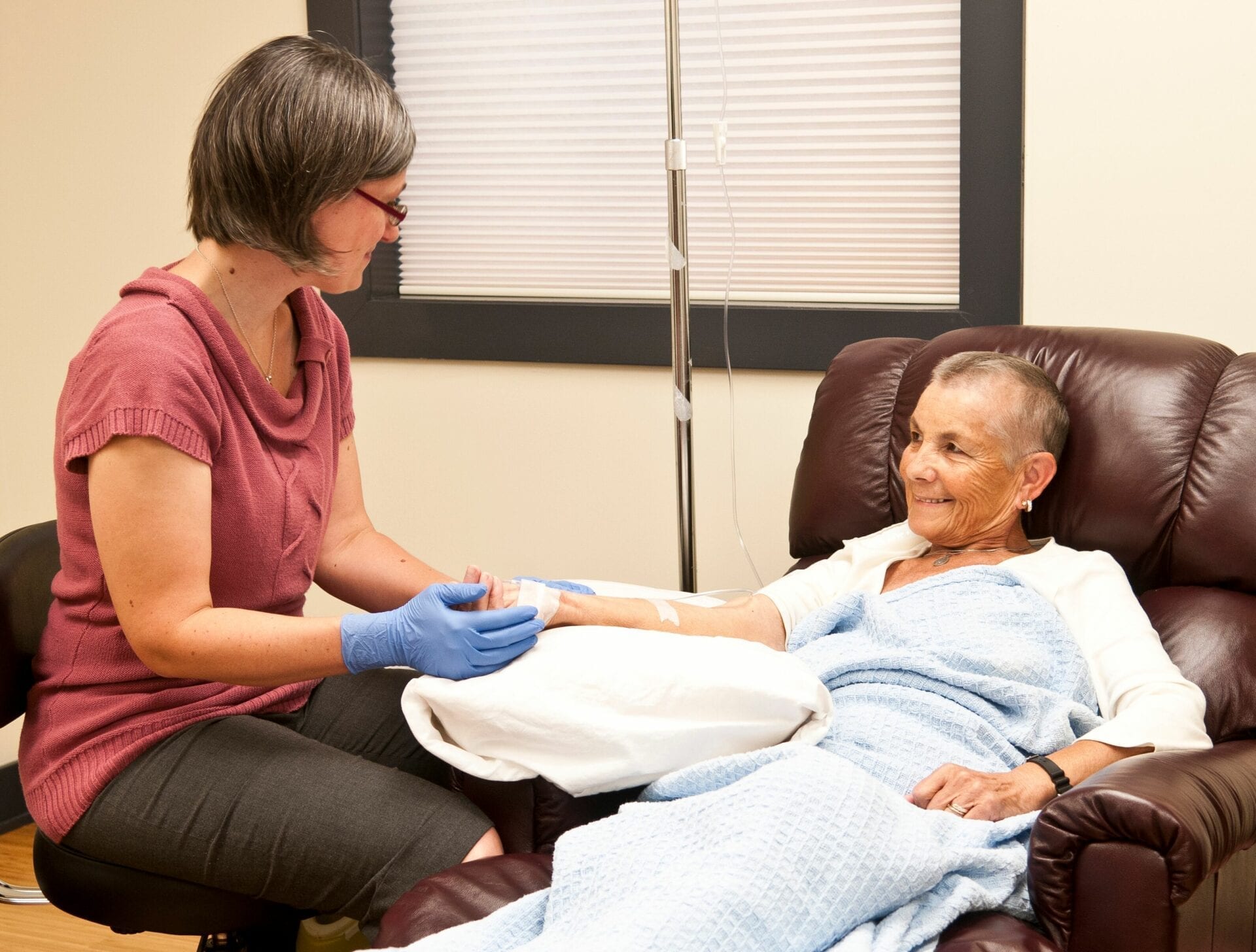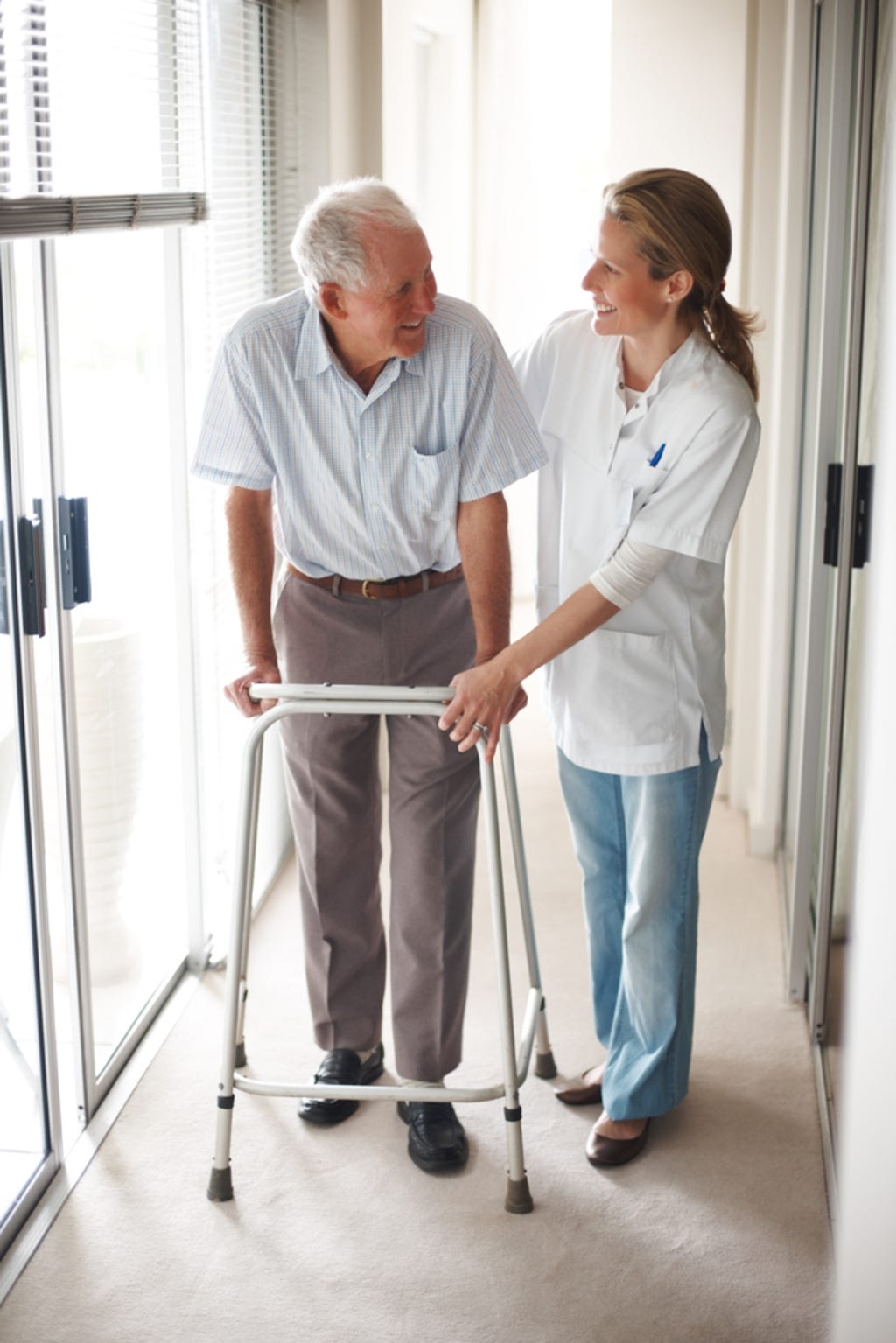- Home
- Our Services
CANCERS WE TREAT
TREATMENT OPTIONS
- About Us
About North Houston
Cancer ClinicsNorth Houston Cancer Clinics is a leading cancer center specializing in treating various types of cancers and blood disorders.Meet our specialized cancer care team
Choosing excellence, transforming cancer care together
Quality Oncology Practice Initiative (QOPI) Certification Program
Discover Our Healing Spaces: Virtual Office TourFirst day visit at North Houston Cancer Clinics
Real Stories, Inspiring Journeys, Patient Testimonies
- New patient
Becoming a patient at North Houston Clinics
Embark on your journey to health with us. Seamless, compassionate care awaits as you become a patient at North Houston Clinics.
Effortless Registration, Portal to Wellness JourneyYour Health, Your Time, Your AppointmentFrequently Asked Questions For New Patients - Blogs
- Contact Us
- Home
- Our Services
CANCERS WE TREAT
TREATMENT OPTIONS
- About Us
About North Houston
Cancer ClinicsNorth Houston Cancer Clinics is a leading cancer center specializing in treating various types of cancers and blood disorders.Meet our specialized cancer care team
Choosing excellence, transforming cancer care together
Quality Oncology Practice Initiative (QOPI) Certification Program
Discover Our Healing Spaces: Virtual Office TourFirst day visit at North Houston Cancer Clinics
Real Stories, Inspiring Journeys, Patient Testimonies
- New patient
Becoming a patient at North Houston Clinics
Embark on your journey to health with us. Seamless, compassionate care awaits as you become a patient at North Houston Clinics.
Effortless Registration, Portal to Wellness JourneyYour Health, Your Time, Your AppointmentFrequently Asked Questions For New Patients - Blogs
- Contact Us
Oncology Rehabilitation
Most times, cancer treatment leaves individuals with exhaustionand weakness in both body and mind, as well as grappling with various physical and emotional problems.
It is for this reason that we at North Houston Cancer Clinics
Physical Therapy
A vital role played by physical therapy in oncology rehabilitation is addressing issues like muscle weakness, joint stiffness, and fatigue. Our seasoned therapists use therapeutic exercises, manual therapy techniques, and modalities such as ultrasound or electrical stimulation on top of others to build up strength, flexibility, and endurance.


Occupational Therapy
Emotional Well-being
At NHCancerClinics we aim to support you even in the face of cancer so that you will live your best life. To find out more about our program on oncological mitigation contact us right away so that we can walk together towards healing and wellness.


Outcomes of Oncology Rehabilitation
Empowerment and Confidence: Oncology rehabilitation empowers patients to take an active role in their recovery, boosting confidence and self-esteem as they navigate the challenges of cancer survivorship.
Occupational Therapy Support: They guide recovering patients on how to handle life’s most basic activities such as bathing, dressing, and cooking by providing adaptive techniques, assistive devices as well as environmental modification in order to enable them to regain independence in activities of daily living (ADLs). Additionally, this treatment addresses cognitive changes as well as vocational rehabilitation needs so that the person can transition back into work or daily routines easily.
Speech Therapy Services: Such interventions include swallowing therapy among others which help enhance functioning thus improving quality of life. Swallowing problems are dealt with by speech pathologists along with other solutions like cognitive communication training aimed at making a recovering patient’s life better.
Psychosocial Support: Oncology rehabilitation requires emotional and psychological support with counseling available for all cancer patients experiencing mental distress following diagnosis or treatment.
It involves combining individually tailored strategies with extensive support systems that focus on enhancing the patient’s physical ability; and recognizing the impacts of treatments while availing resources that matter throughout the cancer process.
Empowering Cancer Patients through Oncology Rehabilitation
In fighting against cancer, one needs to maintain both physical and emotional well-being. Oncological rehabilitation become an essential part of holistic healthcare provision serving as a way through which patients can regain their strength, resilience along quality of life. Here is how they are helped during their journey:
Building Strength:
Oncology Rehabilitation focuses on developing strength and endurance through tailored exercise programs. Lost muscle mass is regained and physical resilience gets improved through focused exercises and techniques.

Tension Reduction:
Cancer can be extremely distressing in both body and mind. Oncology rehabilitation provides an avenue for relaxation via guided relaxation techniques, mindfulness practices, and therapeutic interventions.
When stress levels are lowered patients experience better mental clarity, sleep quality as well as overall wellness improvement.
Endurance Improvement:
People who have undergone cancer treatment often feel tired and drained. Oncology rehabilitation encompasses such strategies as tailored aerobics workouts or endurance building which help gradually build up stamina alongside energy levels.
Getting Back to Normality:
After cancer treatment, a patient may temporarily fail to do things that s/he used to independently perform on a daily basis. In this case, oncology rehabilitation involves the use of adaptive techniques, mobility tools, and changes in lifestyles that facilitate regaining independence in doing activities of daily living (ADLs).
